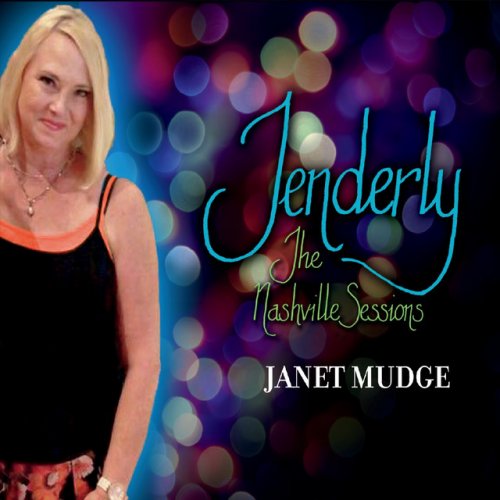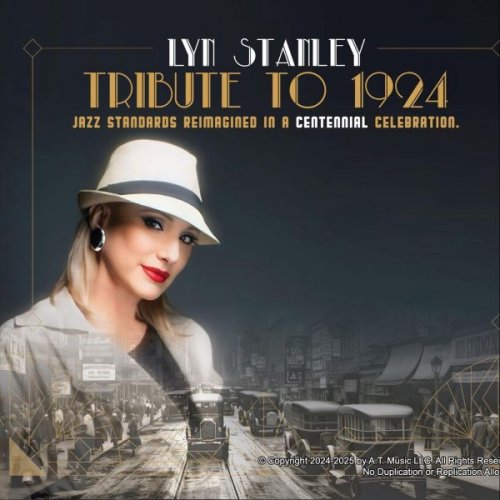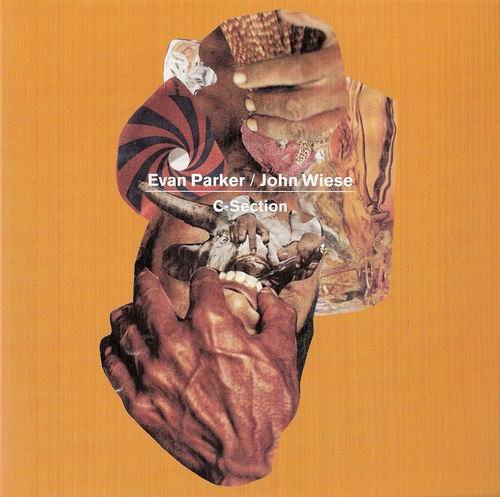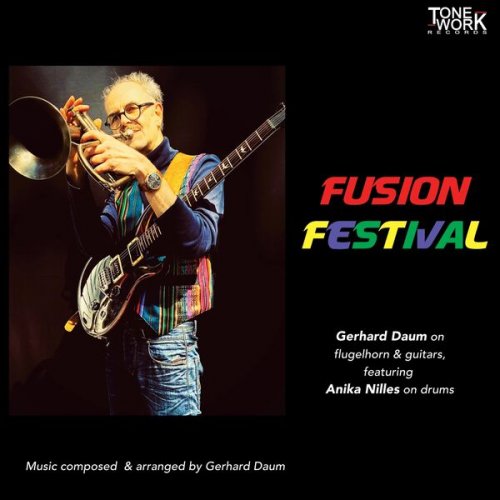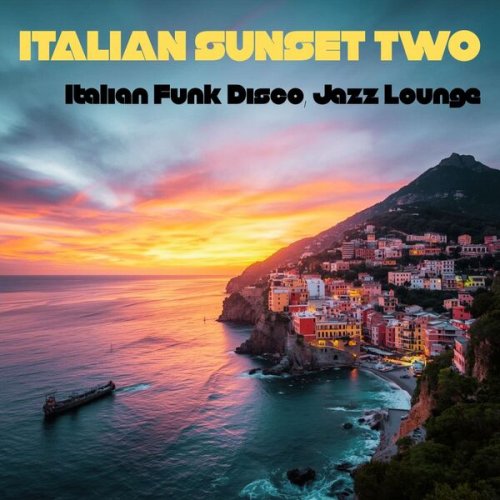Artist:
Bob Belden
Title:
Black Dahlia
Year Of Release:
2001
Label:
Blue Note[7243 5 23883 2 5]
Genre:
Jazz, Contemporary Jazz
Quality:
FLAC (tracks + .cue,log)
Total Time: 56:52
Total Size: 288 MB(+3%)
WebSite:
Album Preview
Tracklist01. Genesis (5:06)
02. In Flight (2:01)
03. Dawn (1:02)
04. City of Angels (6:26)
05. Dreamworld (8:11)
06. Prelude to Love (0:53)
07. Danza d'Amore (7:07)
08. Zanzibar (2:15)
09. Black Dahlia (4:35)
10. The Edge of Forever (Last Night at the Hacienda Club) (8:22)
11. 101 North (2:55)
12. Elegy (City Lights, Prayer, Procession & Ascension) (7:59)
Bob Belden became well-known during the '90s as an arranger and producer. Black Dahlia is the first full-length release of original music to appear under his name. It is a sweeping, ambitious work, featuring a large ensemble that includes the very finest jazz improvisers. The project was inspired by the true story of Elizabeth Short, aka the Black Dahlia, a shadowy character whose grisly murder in 1947, at age 22, became the subject of novels by James Ellroy and John Gregory Dunne. The killing, which remains unsolved, continues to captivate the public imagination and has gained iconic significance in the history of the Los Angeles underworld of the '30s and '40s. Belden's suite is essentially a tone poem, a musical portrayal of Elizabeth Short's life and death. In his self-penned liner notes, Belden is explicit about his major influences: the Grand Opera tradition of Puccini, Berg, and Henze, and Jerry Goldsmith's score to the 1974 film Chinatown, directed by Roman Polanski. The operatic influence is clear in Belden's use of leitmotifs: symbolic and recurring musical gestures such as the "Love Theme," the "Death Chords," and the "Black Dahlia Interval" (a minor third). And the central musical texture used by Goldsmith in Chinatown -- lonely trumpet over a bed of strings, piano, and/or harps -- is, in fact, borrowed quite directly by Belden, on the tracks "Genesis" and "City of Angels."
Although Belden doesn't mention it, one also detects at least a conceptual similarity between Black Dahlia and Paul Simon's ill-fated musical The Capeman. Both set true stories to music, and both seek to dramatize the misdeeds and misfortunes of a social outcast. Black Dahlia features a stunningly good band. Bassist Ira Coleman and drummer Billy Kilson provide the rhythmic foundation. Kevin Hays, Marc Copland, and Scott Kinsey trade off on piano, and Belden himself plays tenor on "Dreamworld" and "Elegy." During the course of the program there are beautiful solo statements from Tim Hagans and Lew Soloff on trumpet, Joe Lovano on tenor sax, Charles Pillow on English horn, Lawrence Feldman and Mike Migliore on alto sax, Lou Marini on alto flute, Conrad Herwig on trombone, and Erik Friedlander on cello. Zach Danziger's bongos provide just the right Latin touch on several tracks. Two glorious subtleties: Bobby Previte's castanets on "Danza d'Amore" and David Dyson's electric bass cameo, paralleling the melody of "Dreamworld" with the woodwinds and brass. In addition to the main soloists, there are four French horns, bass trombone, tuba, two harps, timpani, 21 violins, four violas, four cellos, and two double basses. Belden is going for maximum effect, and at times the music sounds more like a movie soundtrack than a jazz album. It's very pretty stuff, if a bit dark and heavy, and because of the story aspect, it demands a beginning to end listen, more so than most albums. The main attraction for jazz buffs will be the distinctive instrumental voices of the fine players that Belden hired for the session.~David R. Adler
X Lossless Decoder version 20181019 (151.1)
XLD extraction logfile from 2019-09-26 09:18:44 -0700
Bob Belden / Black Dahlia
Used drive : PIONEER BD-RW BDR-XD05 (revision 3.10)
Media type : Pressed CD
Ripper mode : XLD Secure Ripper
Disable audio cache : OK for the drive with a cache less than 1375KiB
Make use of C2 pointers : NO
Read offset correction : 667
Max retry count : 100
Gap status : Analyzed, Appended (except HTOA)
TOC of the extracted CD
Track | Start | Length | Start sector | End sector
---------------------------------------------------------
1 | 00:00:00 | 05:05:67 | 0 | 22941
2 | 05:05:67 | 02:01:03 | 22942 | 32019
3 | 07:06:70 | 01:01:42 | 32020 | 36636
4 | 08:08:37 | 06:26:05 | 36637 | 65591
5 | 14:34:42 | 08:11:15 | 65592 | 102431
6 | 22:45:57 | 00:53:15 | 102432 | 106421
7 | 23:38:72 | 07:07:28 | 106422 | 138474
8 | 30:46:25 | 02:14:52 | 138475 | 148576
9 | 33:01:02 | 04:35:28 | 148577 | 169229
10 | 37:36:30 | 08:21:67 | 169230 | 206871
11 | 45:58:22 | 02:54:70 | 206872 | 219991
12 | 48:53:17 | 07:58:68 | 219992 | 255909
List of alternate offset correction values
# | Absolute | Relative | Confidence
------------------------------------------
1 | 387 | -280 | 31
2 | 2284 | 1617 | 12
AccurateRip Summary (DiscID: 0016f74d-00db0ca2-b10d540c)
Track 01 : OK (v1+v2, confidence 20/63)
Track 02 : OK (v1+v2, confidence 19/62)
Track 03 : OK (v1+v2, confidence 19/62)
Track 04 : OK (v1+v2, confidence 20/62)
Track 05 : OK (v1+v2, confidence 20/63)
Track 06 : OK (v1+v2, confidence 20/63)
Track 07 : OK (v1+v2, confidence 20/63)
Track 08 : OK (v1+v2, confidence 19/62)
Track 09 : OK (v1+v2, confidence 20/63)
Track 10 : OK (v1+v2, confidence 20/63)
Track 11 : OK (v1+v2, confidence 19/62)
Track 12 : OK (v1+v2, confidence 20/60)
->All tracks accurately ripped.
All Tracks
Album gain : -1.23 dB
Peak : 0.997467
Statistics
Read error : 0
Jitter error (maybe fixed) : 0
Retry sector count : 0
Damaged sector count : 0
Track 01
Filename : /Volumes/Hollywood and Vine/Rips/Bob Belden - Black Dahlia (2001) [FLAC]/01 Genesis.flac
Pre-gap length : 00:02:00
Track gain : -1.04 dB
Peak : 0.982086
CRC32 hash (test run) : F170920E
CRC32 hash : F170920E
CRC32 hash (skip zero) : 8FD9FE5D
AccurateRip v1 signature : 75587DA9
AccurateRip v2 signature : D4D4E5CD
->Accurately ripped (v1+v2, confidence 5+15/63)
Statistics
Read error : 0
Jitter error (maybe fixed) : 0
Retry sector count : 0
Damaged sector count : 0
Track 02
Filename : /Volumes/Hollywood and Vine/Rips/Bob Belden - Black Dahlia (2001) [FLAC]/02 In Flight.flac
Pre-gap length : 00:00:02
Track gain : 2.74 dB
Peak : 0.673370
CRC32 hash (test run) : 3BFFB801
CRC32 hash : 3BFFB801
CRC32 hash (skip zero) : 8619BC7C
AccurateRip v1 signature : AA3B244C
AccurateRip v2 signature : 17AC2AE6
->Accurately ripped (v1+v2, confidence 5+14/62)
Statistics
Read error : 0
Jitter error (maybe fixed) : 0
Retry sector count : 0
Damaged sector count : 0
Track 03
Filename : /Volumes/Hollywood and Vine/Rips/Bob Belden - Black Dahlia (2001) [FLAC]/03 Dawn.flac
Pre-gap length : 00:00:03
Track gain : 11.26 dB
Peak : 0.273163
CRC32 hash (test run) : 1ECBDE02
CRC32 hash : 1ECBDE02
CRC32 hash (skip zero) : 71C66736
AccurateRip v1 signature : 5D09B13A
AccurateRip v2 signature : 09901E7F
->Accurately ripped (v1+v2, confidence 5+14/62)
Statistics
Read error : 0
Jitter error (maybe fixed) : 0
Retry sector count : 0
Damaged sector count : 0
Track 04
Filename : /Volumes/Hollywood and Vine/Rips/Bob Belden - Black Dahlia (2001) [FLAC]/04 City of Angels.flac
Pre-gap length : 00:00:02
Track gain : 1.32 dB
Peak : 0.799469
CRC32 hash (test run) : AF4597A6
CRC32 hash : AF4597A6
CRC32 hash (skip zero) : 1CB963EE
AccurateRip v1 signature : 0A617B83
AccurateRip v2 signature : AFB7F064
->Accurately ripped (v1+v2, confidence 5+15/62)
Statistics
Read error : 0
Jitter error (maybe fixed) : 0
Retry sector count : 0
Damaged sector count : 0
Track 05
Filename : /Volumes/Hollywood and Vine/Rips/Bob Belden - Black Dahlia (2001) [FLAC]/05 Dreamworld.flac
Pre-gap length : 00:00:02
Track gain : 0.87 dB
Peak : 0.699097
CRC32 hash (test run) : 6459BCD5
CRC32 hash : 6459BCD5
CRC32 hash (skip zero) : BA87858A
AccurateRip v1 signature : 734B65BF
AccurateRip v2 signature : 9C12337C
->Accurately ripped (v1+v2, confidence 5+15/63)
Statistics
Read error : 0
Jitter error (maybe fixed) : 0
Retry sector count : 0
Damaged sector count : 0
Track 06
Filename : /Volumes/Hollywood and Vine/Rips/Bob Belden - Black Dahlia (2001) [FLAC]/06 Prelude to Love.flac
Pre-gap length : 00:00:02
Track gain : 13.60 dB
Peak : 0.223114
CRC32 hash (test run) : 1B0B91D9
CRC32 hash : 1B0B91D9
CRC32 hash (skip zero) : 9D6B923E
AccurateRip v1 signature : 3D17CB39
AccurateRip v2 signature : 4874E089
->Accurately ripped (v1+v2, confidence 5+15/63)
Statistics
Read error : 0
Jitter error (maybe fixed) : 0
Retry sector count : 0
Damaged sector count : 0
Track 07
Filename : /Volumes/Hollywood and Vine/Rips/Bob Belden - Black Dahlia (2001) [FLAC]/07 Danza d'Amore.flac
Pre-gap length : 00:00:02
Track gain : -1.37 dB
Peak : 0.970734
CRC32 hash (test run) : 18F23D9B
CRC32 hash : 18F23D9B
CRC32 hash (skip zero) : 154F4F25
AccurateRip v1 signature : 3C6DD3F2
AccurateRip v2 signature : 540A880F
->Accurately ripped (v1+v2, confidence 5+15/63)
Statistics
Read error : 0
Jitter error (maybe fixed) : 0
Retry sector count : 0
Damaged sector count : 0
Track 08
Filename : /Volumes/Hollywood and Vine/Rips/Bob Belden - Black Dahlia (2001) [FLAC]/08 Zanzibar.flac
Pre-gap length : 00:00:03
Track gain : 7.46 dB
Peak : 0.370087
CRC32 hash (test run) : FF515E1C
CRC32 hash : FF515E1C
CRC32 hash (skip zero) : E22331DC
AccurateRip v1 signature : C48EED70
AccurateRip v2 signature : D1DE1983
->Accurately ripped (v1+v2, confidence 5+14/62)
Statistics
Read error : 0
Jitter error (maybe fixed) : 0
Retry sector count : 0
Damaged sector count : 0
Track 09
Filename : /Volumes/Hollywood and Vine/Rips/Bob Belden - Black Dahlia (2001) [FLAC]/09 Black Dahlia.flac
Pre-gap length : 00:00:02
Track gain : 3.06 dB
Peak : 0.509338
CRC32 hash (test run) : E0CCA656
CRC32 hash : E0CCA656
CRC32 hash (skip zero) : 52B2BF2C
AccurateRip v1 signature : 6785AB09
AccurateRip v2 signature : 791D4516
->Accurately ripped (v1+v2, confidence 5+15/63)
Statistics
Read error : 0
Jitter error (maybe fixed) : 0
Retry sector count : 0
Damaged sector count : 0
Track 10
Filename : /Volumes/Hollywood and Vine/Rips/Bob Belden - Black Dahlia (2001) [FLAC]/10 The Edge of Forever (Last Night at the Hacienda Club).flac
Pre-gap length : 00:00:03
Track gain : -3.24 dB
Peak : 0.997467
CRC32 hash (test run) : D5CD0539
CRC32 hash : D5CD0539
CRC32 hash (skip zero) : 3D9D401F
AccurateRip v1 signature : 31481FD3
AccurateRip v2 signature : 910652F0
->Accurately ripped (v1+v2, confidence 5+15/63)
Statistics
Read error : 0
Jitter error (maybe fixed) : 0
Retry sector count : 0
Damaged sector count : 0
Track 11
Filename : /Volumes/Hollywood and Vine/Rips/Bob Belden - Black Dahlia (2001) [FLAC]/11 101 North.flac
Pre-gap length : 00:00:02
Track gain : 3.54 dB
Peak : 0.614960
CRC32 hash (test run) : D5DD67C0
CRC32 hash : D5DD67C0
CRC32 hash (skip zero) : 518E1389
AccurateRip v1 signature : B39536CD
AccurateRip v2 signature : CCA44553
->Accurately ripped (v1+v2, confidence 5+14/62)
Statistics
Read error : 0
Jitter error (maybe fixed) : 0
Retry sector count : 0
Damaged sector count : 0
Track 12
Filename : /Volumes/Hollywood and Vine/Rips/Bob Belden - Black Dahlia (2001) [FLAC]/12 Elegy (City Lights, Prayer, Procession and Ascension).flac
Pre-gap length : 00:00:02
Track gain : -4.42 dB
Peak : 0.972290
CRC32 hash (test run) : 2A3393B2
CRC32 hash : 2A3393B2
CRC32 hash (skip zero) : FF11EBA2
AccurateRip v1 signature : E9FF77C7
AccurateRip v2 signature : 053E8147
->Accurately ripped (v1+v2, confidence 5+15/60)
Statistics
Read error : 0
Jitter error (maybe fixed) : 0
Retry sector count : 0
Damaged sector count : 0
No errors occurred
End of status report
-----BEGIN XLD SIGNATURE-----
pfsgRDLY6lnl6ReKxJsgrfxBXz7rXJudeohnqbm5ewUPx4SBo4af0plIMSt5PdC8IcmY2.ygsh0fzoEqfSN97tqtDcfuM5DP4gQj.JO
-----END XLD SIGNATURE-----
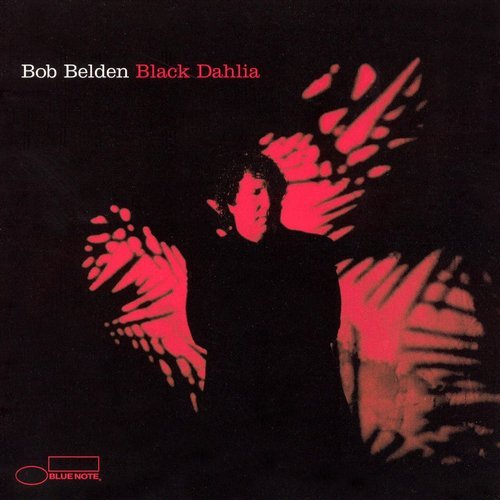
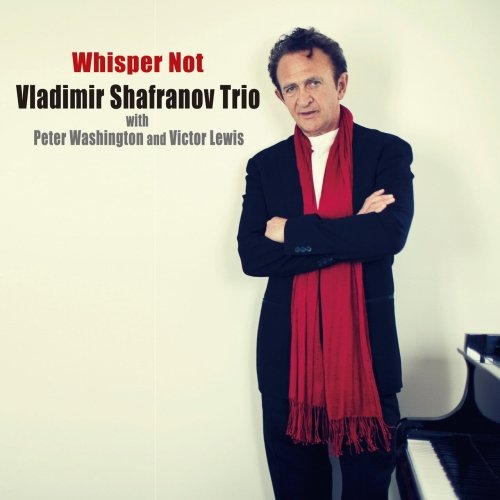
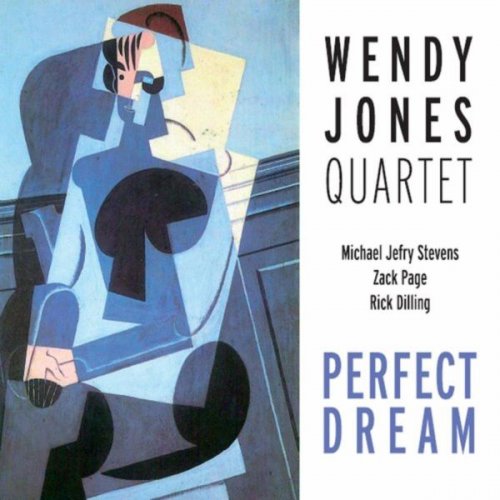
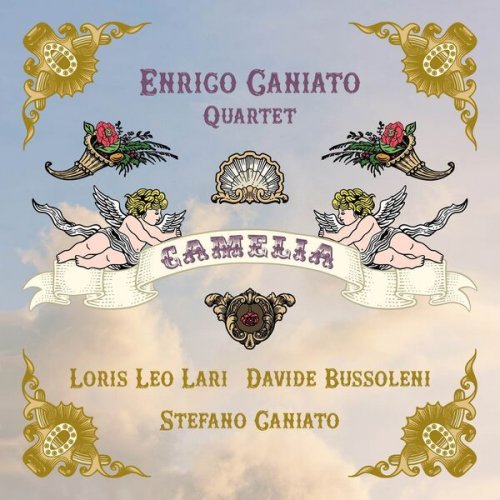
![Susie Philipsen - Sunday Kissing Club (2026) [Hi-Res] Susie Philipsen - Sunday Kissing Club (2026) [Hi-Res]](https://www.dibpic.com/uploads/posts/2026-02/1771738386_500x500.jpg)
